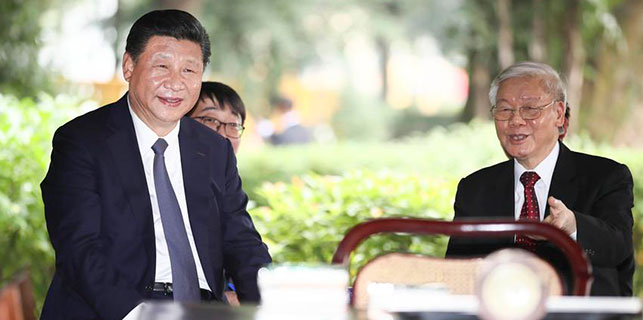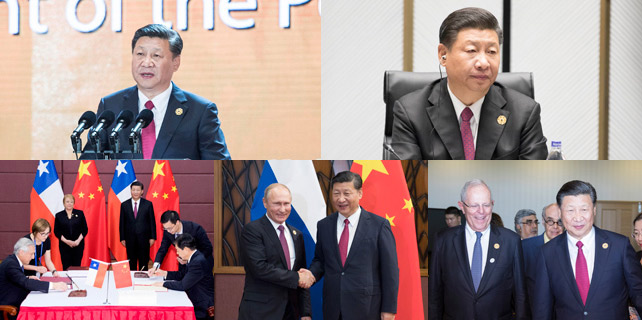Waste permits put a cap on polluting companies
This came after the State Council, China's cabinet, released a plan in November last year to establish a national platform in 2017 to manage information related to these permits. By 2020, pollutant discharges in fixed locations must match the exact amount stipulated on the company's permit, while the data platform must effectively make enterprises and public institutions fulfill their responsibilities in pollution control, according to the plan.
Authorities have not specified the potential punishments for rule-breakers, although high-profile environmental inspections in recent years have resulted in companies being temporarily or permanently closed down for excessive discharges or lax waste management.
Shanghai, one of the pilot areas for the new system, issued its first permits in May to companies involved in the power and papermaking industries. Each was given a clear limit on how much waste they can release during the rest of the 13th Five-Year Plan period, which ends in 2020.
Shi Min, the general manager of Waigaoqiao No 3 Power Plant, said being one of the first to receive the permit was an honor, but it also brought pressure. "Along with the permit we were given a 60-page appendix that lists the types of pollutants and overall amount that can be discharged by our plant each year," he said.
Song at Renmin University said introducing the new system will fundamentally change the discharge standards and help improve the environment.
"The permit is the foundation for environmental law enforcement, but also evidence of enterprises' compliance with laws and regulations," he said. "It shows our environmental management is moving forward in a more professional way.
"In the past, we faced a dilemma: The air quality was below standard even though pollution discharges were in line with the standard. Now, if air quality is below standard, the regulations on pollution discharges are revised to raise the standard."
Song said a more integrated national system will also eliminate contradictions caused by parallel regulations, while data collected for the permit will help in updating discharge standards, which in turn will improve the environment, such as air quality.
huyongqi@chinadaily.com.cn


















